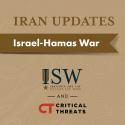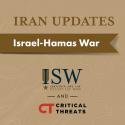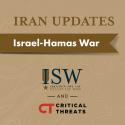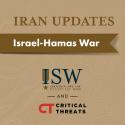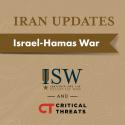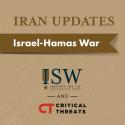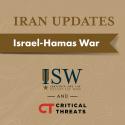Iran Update, February 3, 2024
Feb 3, 2024 - ISW Press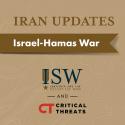
The February 2 US airstrikes in Iraq and Syria targeted Iranian-backed militia positions along the Euphrates River in Syria, the Iraq-Syria border, and south of Baghdad, Iraq. An anonymous US official told Politico that the United States struck all of its planned targets and several “dynamic targets that popped up as the mission unfolded,” including surface-to-air missile systems and drone launch sites. Two unspecified US officials also told the New York Times that the United States conducted unspecified cyber attacks targeting Iran on February 2.


